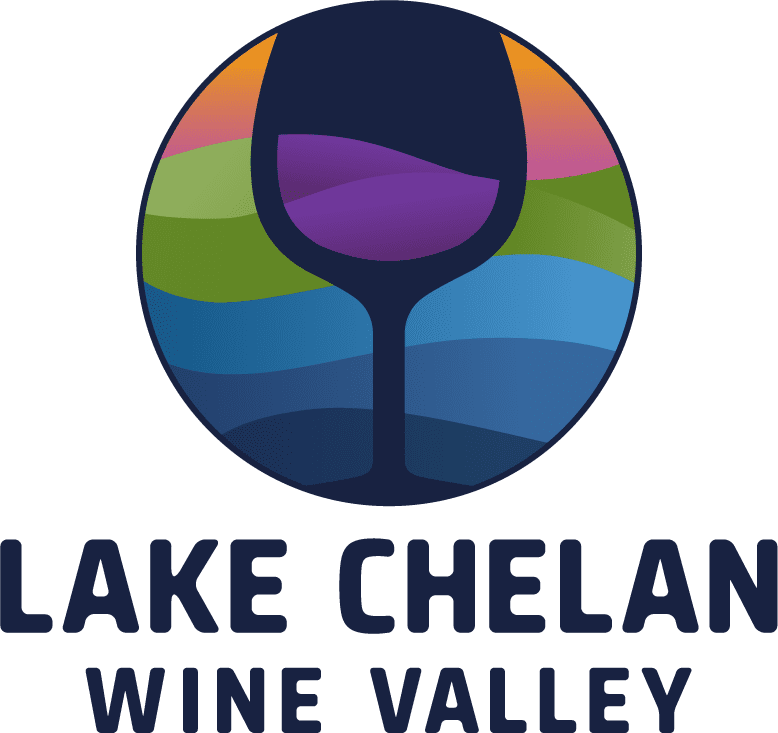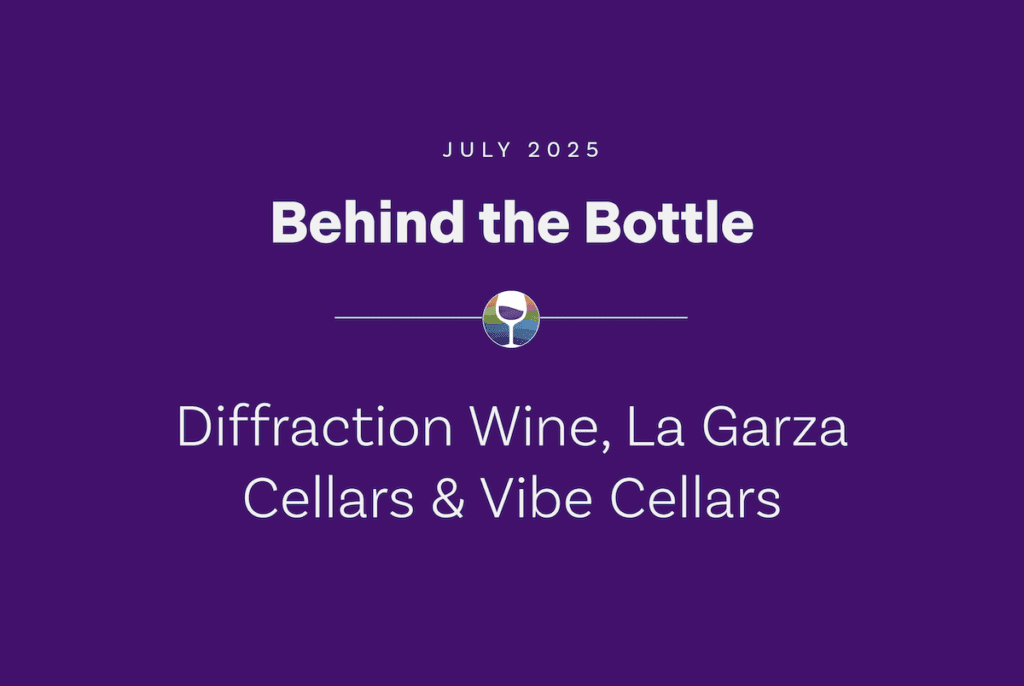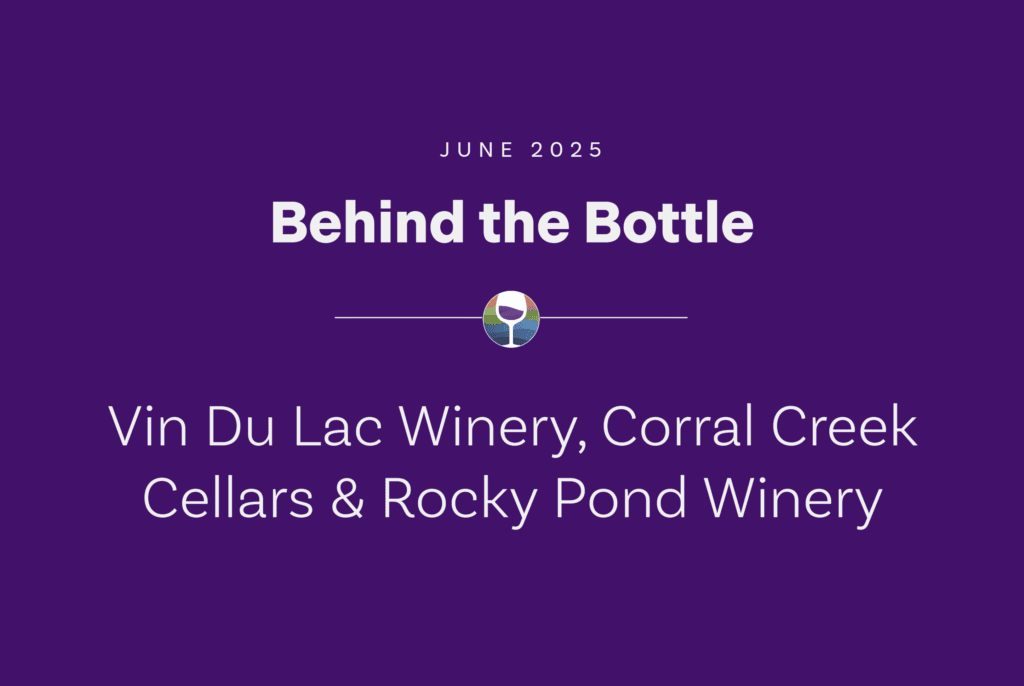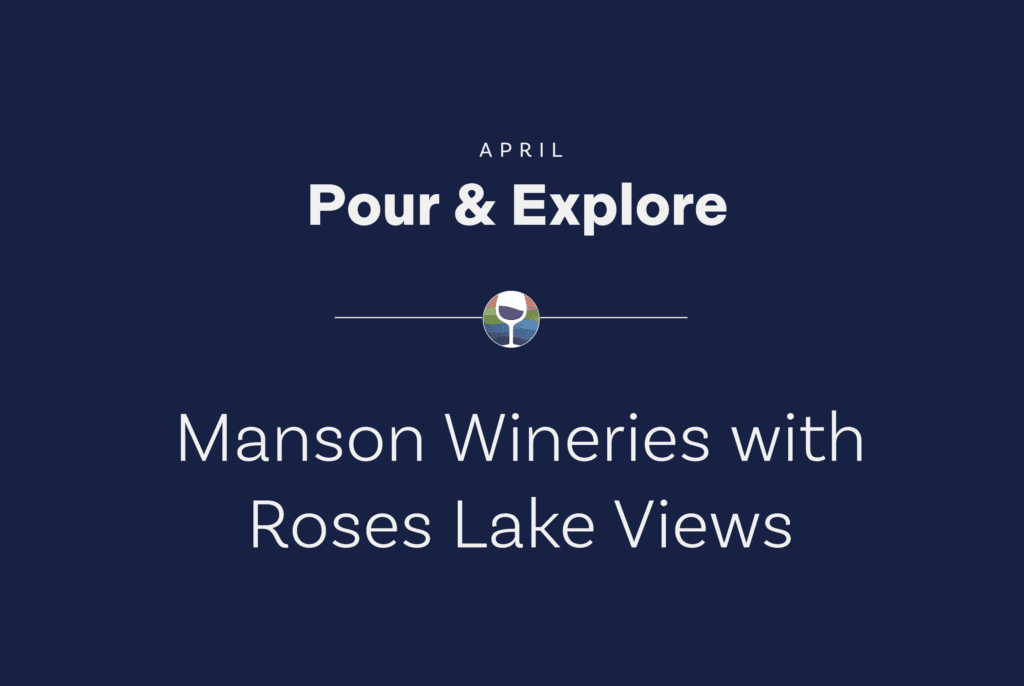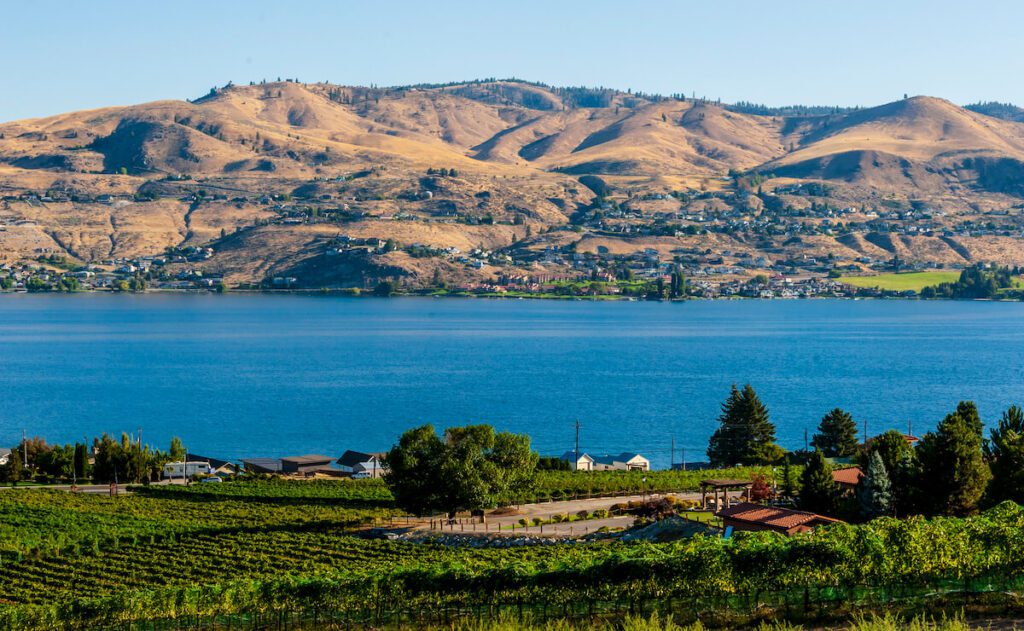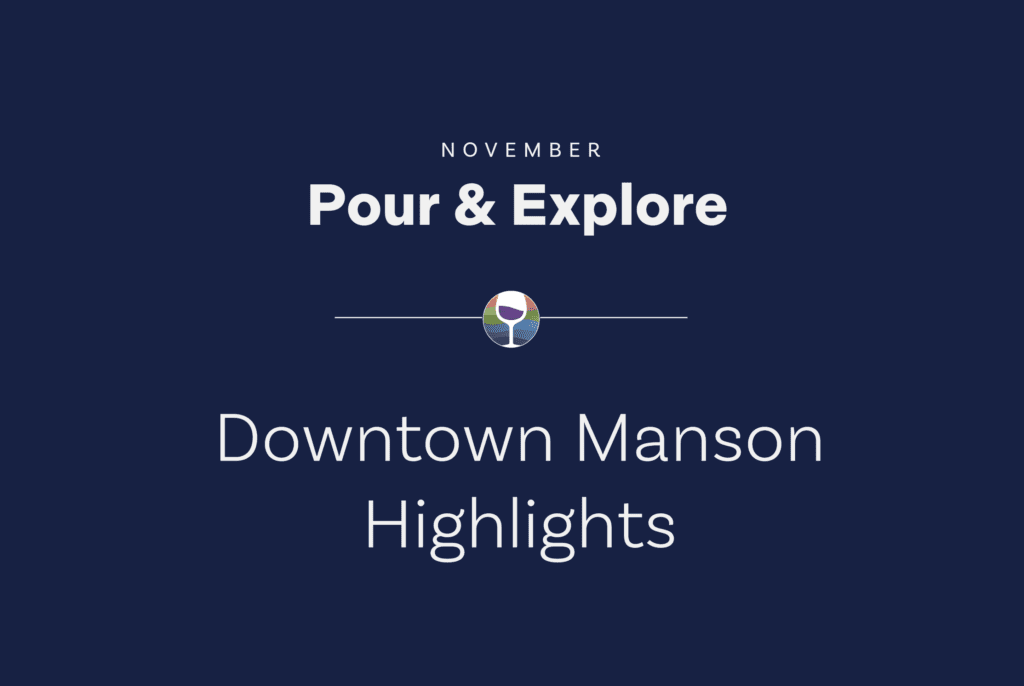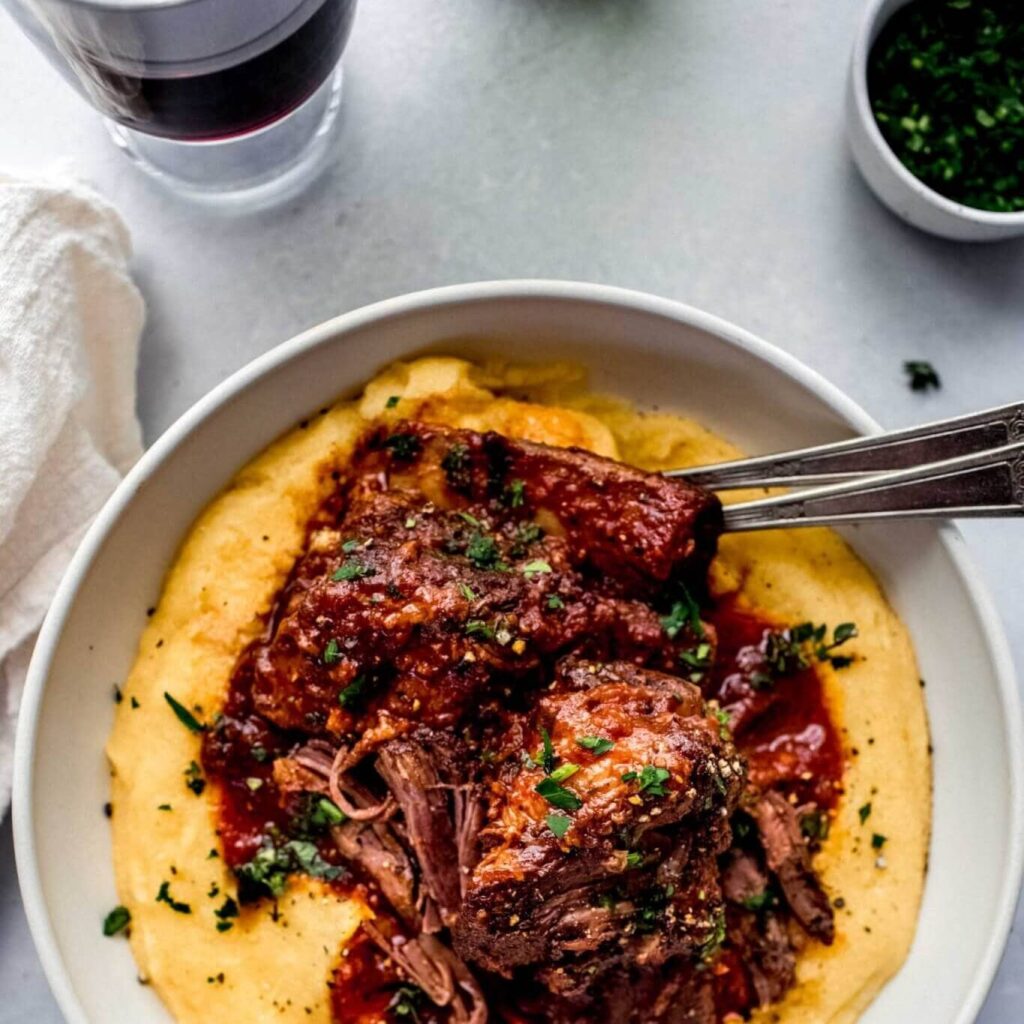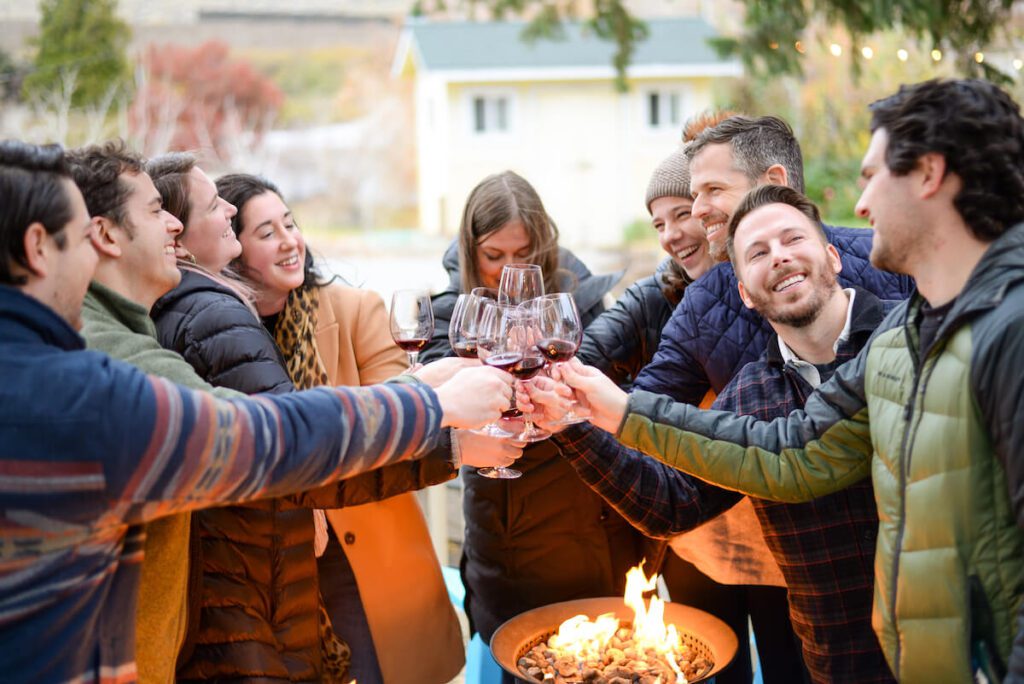What is Viticulture? [And Why Wine Enthusiasts Should Care]
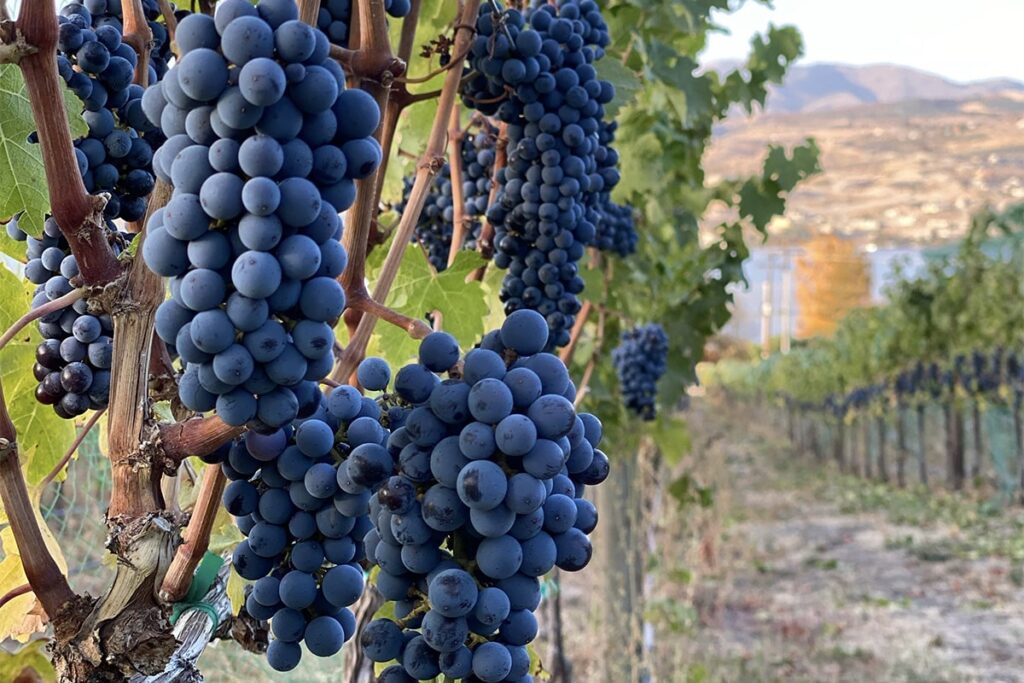
Drinking wine is a delightful experience that combines tastes and scents to lift your mood and please your senses. But have you ever wondered where the grapes from your glass of wine come from? Have you thought about how they’re grown and turned into wine?
If yes, viticulture is a great topic to accentuate your wine knowledge and tasting experience. Let’s define viticulture and, more importantly, unpack why you should care about this field of study.
Viticulture: The Study of Grapes
Viticulture is the study of grapes, encompassing everything from wine production to fresh table grapes. It’s the practice of cultivating grapevines for a specific end purpose, like snack-ready raisins or a top-shelf wine. It includes all agricultural activities involved in growing grapes right up to the day of harvest.
Managing grapevines can be a surprisingly complicated process, especially when wine production is the end goal. Environmental factors like temperature, soil health, and solar radiation can significantly affect vine performance and fruit quality. Likewise, management-related factors like canopy management, irrigation, planting density, variety and rootstock choice, and site selection play an important role. Plus, grapevines often respond to each of these factors individually, and the interaction of multiple factors can also influence their response.
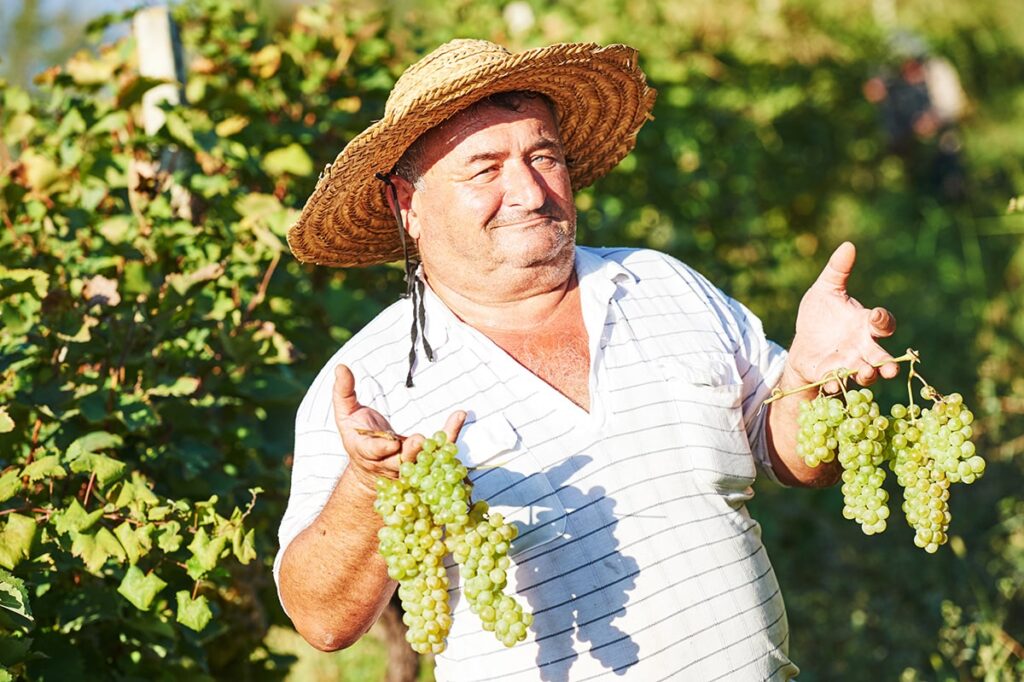
Viniculture vs. Viticulture: What’s the Difference?
Now, you may have heard of another word that sounds just like viticulture: viniculture. However, there’s an important distinction between the two terms: viticulture deals with the science of the cultivation, growing, and harvesting of grapes, while viniculture deals with this same science but specifically for wine production.
In essence, you can think of viniculture as a subset of viticulture. The latter deals with grapes grown for any purpose, while the former only deals with grapes grown for wine production. The need for specificity is likely because winemaking requires a more delicate hand. The fermentation process can reveal and magnify qualities in the fruit that you won’t notice when eaten fresh, so special considerations are needed during cultivation. A substandard table grape can still be a sweet treat, but a substandard wine grape will be a lackluster wine.
Also related to viticulture is enology. Enology is the science and study of wine and winemaking, focusing on grapes after they’ve been harvested.
Why Viticulture is Important
While you may not have heard of the word viticulture before, it likely isn’t a surprise that a thriving area of research revolving around grape cultivation exists. As far as trends go, wine consumption is steadily gaining back the ground it lost due to the pandemic. In 2021, 111.6 million hectoliters of wine were exported worldwide, the largest exported volume ever recorded in history!
This was made possible by the work of various grape growers worldwide, such as in Washington state. As the second-largest wine-producing state in the U.S., Washington produced 179,000 tons of wine grapes. Weight-wise, that’s about the equivalent of 179,000 small cars!
It takes a large number of vineyards to produce this staggering amount. To illustrate this, Washington has over 60,000 acres of vineyard surface area, with over 400 grape growers working in the state. These vineyards produce 80 different varieties of wine grapes. After the grapes go through the lengthy winemaking process, they amount to over 17 million cases of wine — around 204 million bottles.
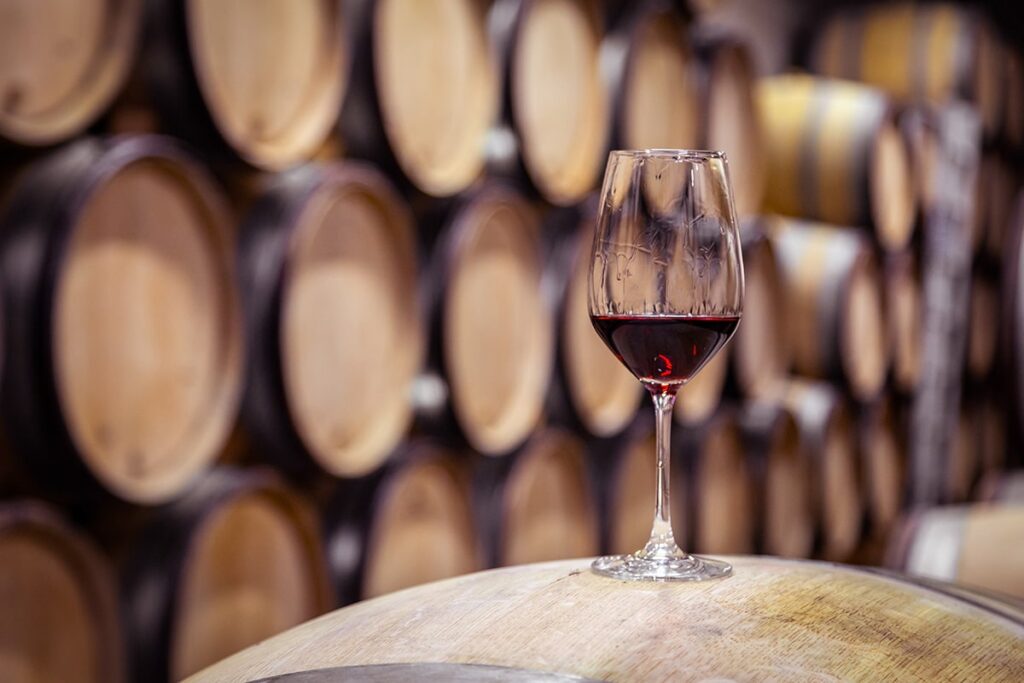
This impressive amount of wine plays a big part in Washington’s economy, accounting for an annual in-state economic impact of 8 billion dollars.
Viticulture ensures the entire process runs smoothly and the Washington wine industry continues to grow. Without the advances in viticulture, it would be significantly more difficult to know when to harvest grapes at their peak ripeness and quality. Viticulture lends itself to everything from fertilization, monitoring climate, pest control, checking soil quality, scheduling irrigation, and even designing programs for sustainable farming. For the end consumer, these are all essential processes that contribute to you being able to sit back and relax with your favorite glass of wine after a long day or on a tasting tour.

Viticulture in Lake Chelan Wine Valley
Without the expertise gleaned from viticulture, viniculture, and enology, your favorite wines in the Lake Chelan Wine Valley may not exist today. Thankfully, local viticulturists and winemakers harness their knowledge of viticulture to produce some of the best wines in Washington state.
If you’re interested in seeing viticulture in action with your own eyes, consider planning a trip to Washington’s wine country — the Lake Chelan Wine Valley. It’s a golden opportunity to tour the region’s top vineyards, wineries, and restaurants, meet the people behind the wine and marvel at the natural beauty around you.


